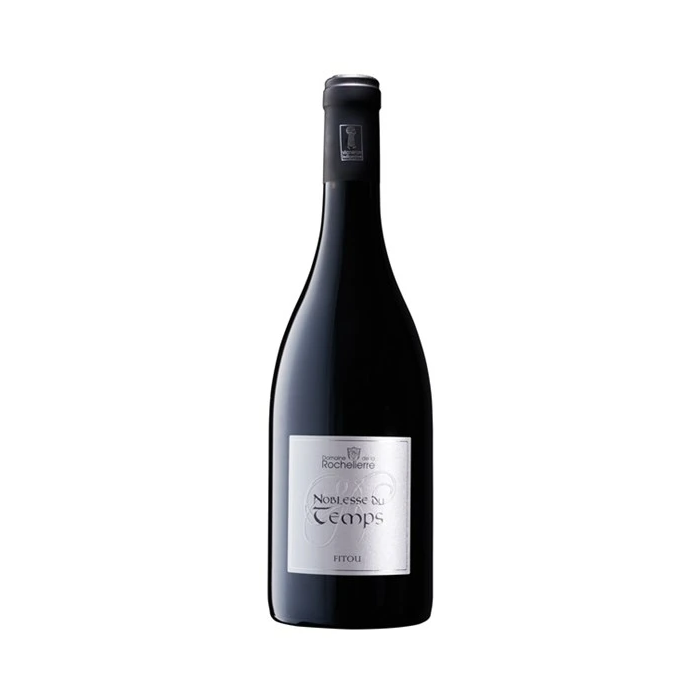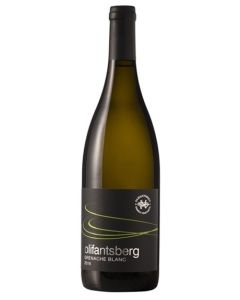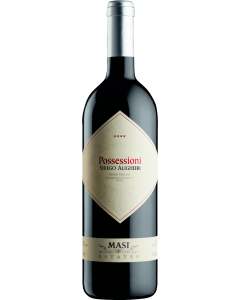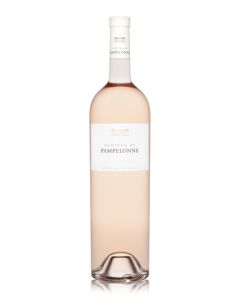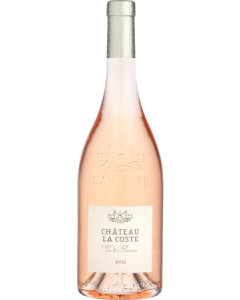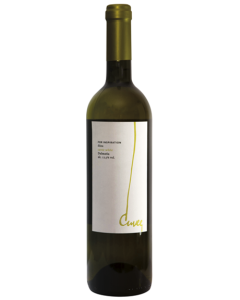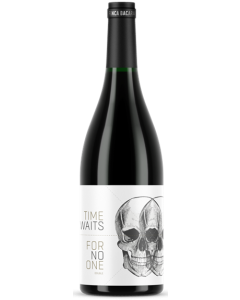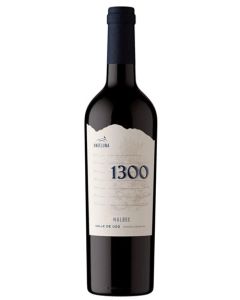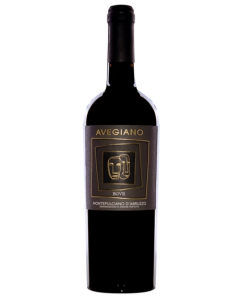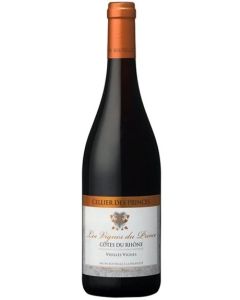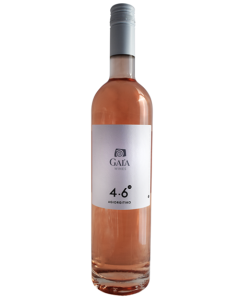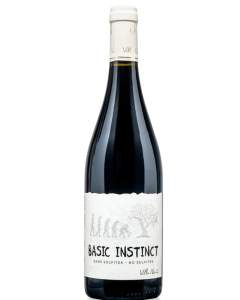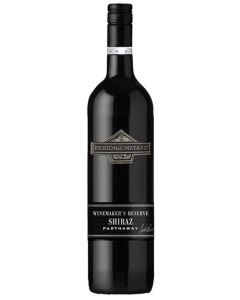We use cookies to make your experience better. To comply with the new e-Privacy directive, we need to ask for your consent to set the cookies. Learn more.
Domaine de la Rochelierre Fitou Noblesse du Temps 2019
Domaine de la Rochelierre Fitou Noblesse du Temps 2019 – Buy Premium Languedoc Red Wine Online
Discover the bold elegance of Domaine de la Rochelierre Fitou Noblesse du Temps 2019, a premium red wine from Languedoc-Roussillon that perfectly showcases the potential of southern French terroir. Aged to perfection, this vintage delivers intense flavours and a velvety finish—ideal for collectors and lovers of structured, full-bodied wines.
Why Buy Domaine de la Rochelierre Fitou Noblesse du Temps 2019?
Crafted by Domaine de la Rochelierre, this award-winning red is a sophisticated blend of Mourvèdre (50%), Carignan (30%), and Grenache (20%), delivering an opulent wine with character and depth.
-
Country: France
-
Region: Languedoc-Roussillon
-
Vintage: 2019
-
Grape Varieties: Mourvèdre, Carignan, Grenache
-
Alcohol by Volume: 15%
-
Body: D (Full-bodied)
-
Residual Sugar: 0 g/l
-
Vegan/Vegetarian: Yes/Yes
-
Contains Sulphites: Yes
-
Organic/Biodynamic: No
-
Bottle Size: 75cl (Case of 6 available)
-
Award: 91 Points – IWSC 2022
Tasting Notes – Deep, Velvety and Rich
This 2019 Fitou is defined by its intense aromas of leather, roasted spices, and dried prunes, which give way to a core of ripe black fruits. The refined tannins and structured palate lead into a long, graceful finish touched with dark cocoa and subtle spice.
Thanks to a warm yet balanced growing season, with sufficient rainfall and gradual ripening, the wine showcases excellent balance and concentrated flavour—a testament to a standout vintage.
Perfect Pairings for Domaine de la Rochelierre Fitou Noblesse du Temps
This wine shines alongside:
-
Roast lamb with rosemary and garlic
-
Grilled ribeye steak or duck breast
-
Aged cheeses like Comté or Manchego
-
Rich vegetarian dishes like mushroom bourguignon
Who Should Buy This Wine?
-
Red wine collectors seeking Fitou with ageing potential
-
Languedoc wine enthusiasts looking for structure and complexity
-
Gourmet cooks and entertainers in need of a luxurious food wine
-
Anyone shopping for high-scoring French red wines online in the UK
Customer Reviews
⭐️⭐️⭐️⭐️⭐️
“A hidden gem from Languedoc. Velvety smooth with fantastic depth. A must-buy again.” – Caroline, York
⭐️⭐️⭐️⭐️
“Loved the savoury notes with the cocoa finish—felt like a premium Bordeaux at a better price.” – Thomas, London
⭐️⭐️⭐️⭐️⭐️
“Rich, elegant, and perfect with lamb. So glad I discovered this at Corking Wines.” – Jenny, Manchester
Suggested Links:
| Price | £160.99 |
|---|---|
| Country | France |
| Vintage | 2019 |
| Bottles Per Case | 6 |
| Bottle Size | 75 |
| Winery | The grapes are grown in the estate vineyard in the heart of the Fitou appellation, which is in the South of France, overlooking the Mediterranean Sea. The climate is highly influenced by the sea breezes, which mitigate the hot, dry and sunny weather and help to keep the canopies ventilated and the vines healthy. The soils are very poor, with a high proportion of shale and clay-limestone stone. This poor soil makes the vines struggle and encourages them to send their roots deep in search of nutrients, which imparts complexity to the wine. Since 1979, the vineyard has been cultivated according to the Method Cousini; without chemicals, only organic and mineral products are employed to express the true nature of the soil. It requires considerable soil work, including a significant amount of ploughing every year; this also helps form deep roots, making the vines less susceptible to temperature and water stress fluctuations. |

